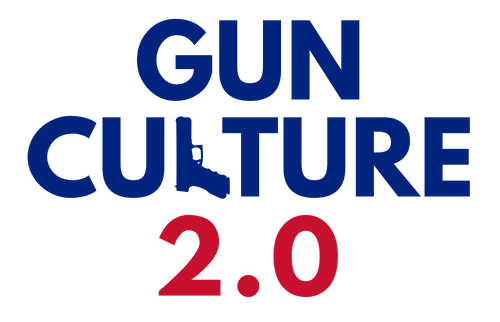“Connecting the Dots: Assessing the Relationship between Fear of Crime and Moral Panics,” H. Jaymi Elsass, Jaclyn Schildkraut, and Mark Stafford, all of Texas State University.
In this presentation, among other things, the authors tried to determine the factors associated with greater fear of personal crime. Previous studies routinely find that women and the elderly fear crime more but are less likely to be victims of crime – this is the “fear of crime paradox” in criminology. The emotions associated with fear of crime are somewhat distinct from the actual risk of victimization, as I have discussed a bit in my post on the culture of fear (and here).

The authors used data from a survey of 442 undergraduates at an unnamed large university in Texas (probably Texas State University in San Marcos). It is important to note that this is not a random sample, and so simple generalization to broader populations is not appropriate. In particular, the sample is not representative of the US population in being 58% male, 49% white, and 57% under 22 years of age.
The authors find the following factors positively related to fear of crime: being a woman, being Black or Hispanic (as compared to whites), and not owning a gun. (Note: 33% of students responding indicated that they owned a gun.)
I found this result interesting because, while some might argue that fear of crime would lead people to own guns – i.e., I get a gun because I fear crime – in fact these authors find a negative relationship between gun ownership and fear of crime. That is, gun owners fear crime less, suggesting a possible causal relationship in the opposite direction: it’s not that people who fear crime get guns, but rather that owning a gun lessens the gun owner’s fear of crime. (Again, nothing here speaks to the actual risk of being a crime victim.)
Of course, the reality of social statistics using cross-sectional data (data at only one point in time) is that it is impossible to establish definitively the direction of causality. However, we may infer a causal relationship between two variables given other things we know about how the world works. For example, even with cross-sectional data most people believe the relationship between smoking and cancer is not spurious, and that smoking causes cancer not vice-versa.
Ideally we need longitudinal data (data at multiple points in time) to establish with greater certainty the causal relationship(s) between gun ownership and fear of crime. Indeed, for some people the process is likely iterative: (A) I fear crime more therefore (B) I get a gun therefore (C) I fear crime less. Looking at people who already own guns, as this study does, only gets at B –> C.
Thanks to this counter-intuitive finding, though, I know I need to look in more depth at the existing research on causal factors affecting gun ownership.

[…] risky behavior, and school shootings, and lessons from the United Kingdom, and who gets shot, and fear of crime, and regulation of ammo […]
LikeLike
[…] Although I thought this comment was funnier than gun violence prevention luminary Daniel Webster did (see above), there is truth underlying this quip: Scholars for years have struggled to establish a clear and consistent empirical connection between owning guns and being fearful. Over 9 years ago I wrote about a paper presented at the American Society of Criminology in 2013 that found fear of crime was higher among those who did NOT own a gun. […]
LikeLike